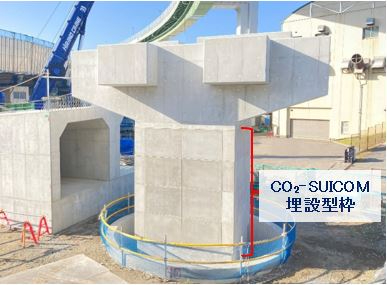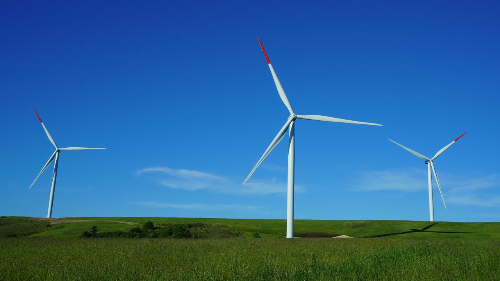J-STORIES ー まだ食べられる食品を廃棄する「フードロス」の量は、日本では年間約522万トンに上っており、飢餓に苦しむ人々に向けた世界の食料支援量(2020年で年間約420万トン)の1.2倍に相当するといわれる。
しかも、これは主に加工品の売れ残りや食べ残しの廃棄量を示した数字で、産地で処分される規格外品や余剰生産物、食品工場で廃棄される野菜の皮や芯なども含めると、食品廃棄の総量は年間約1,623万トンの規模に達する(2020年度、農水省推計)。
通常のフードロスとして表面に出ない食品廃棄に対策を講じなければ、本当の問題解決にはつながらないー。そうした思いから、「かくれフードロス」となっている廃棄品を新たな商品にアップサイクルしようという企業がある。
アストラフードプラン(埼玉県富士見市)は「サスティナブルな社会の実現を目指す」をミッションに掲げ、社長の加納千裕さんが2020年に設立したフードテックベンチャー。同社独自の技術によって開発された「過熱蒸煎機」は、高温の蒸気によって素材の風味や自然の色合いを損ねることなく5秒から10秒で食材を乾燥、殺菌し、粉末化する。

規格外の野菜などは腐りやすいため、輸送しての再利用は難しい。だが、その場ですぐ粉末にすれば常温で1年ほどの保存が可能になる。野菜はおよそ90%以上が水分だが粉末状にすれば10%以下、体積も10分の1ほどになって輸送コストも削減「廃棄されてきた食品が資源になる」(加納さん)という。
フリーズドライ技術によって作られた保存食は風味もよく日もちもするが、製造コストが高いため余剰生産物の加工には不向きだ。また、従来の方法で野菜パウダーを製造するにも時間がかかり、大量生産は難しい。同社の過熱蒸煎機は瞬時に粉末化できるため、1日8時間の稼働で最大4トンの原料を乾燥・殺菌して粉末化することが可能だ。

同社では過熱蒸煎機の販売を主な事業としているが、機器購入が難しい事業者には割安なレンタルサービスを提供。さらに、粉末化した製品を買い取り、活用先を探してフードサイクルの実現につなげる事業も行っている。規格外作物や食品加工時の不要部分はその場での加工が望ましいため、現場のニーズに即した持続可能なビジネスの仕組みを作ろうという考えからだ。
今年2月には、吉野家で廃棄されていた牛丼用玉ねぎの端材を粉末化してポンパドウル(神奈川県横浜市)のパンに活用、オニオンブレッドなどの商品として発売した。野菜だけではなくキノコや魚介類、海藻類まで幅広い食品に応用が可能で、装置導入の前には自社ラボでテストを行い、顧客のニーズを反映したサンプルを製造する。
過熱蒸煎機はもともと食品関連事業を営んできた加納社長の父が長年手がけてきた技術がベースになっている。「世界中の子どもたちに安全安心な食品を届けたい」という理念のもとに高機能調理用スチームの開発を続けたが、コストの関係で実現できなかった父の思いを加納さんが引き継ぎ、新しい社会課題解決のために改良、完成させた。

「子どもの頃から、社会課題を解決するのはビジネスとして当たり前という父の話を聞いて育った」という加納さんは自らも食に興味を持ち、女子栄養大学を卒業後、一貫して食に関するキャリアを積み重ねてきた。
「フードロスへの認識は高まってきたが、もったいないという意識を持ってもらうことからスタートしてかくれフードロスの削減をスピードアップしたい。いずれ海外にも導入が広がり、社会課題の解決につながれば嬉しい」と加納さんはJ-Storiesの取材に対して語っている。
記事:嵯峨崎文香 編集:北松克朗
トップ写真:アストラフードプラン 提供
この記事に関するお問い合わせは、jstories@pacificbridge.jp にお寄せください。
***
***
本記事の英語版はこちらかからご覧になれます。




_smallthumbnail.jpg)















![[PODCAST] 如何打造成功的新創企業社群(第2集)](https://storage.googleapis.com/jstories-cms.appspot.com/images/1748493203370business-man-holding-light-bulb-social-network-2024-10-31-22-37-36-utc_smallthumbnail.jpg)


